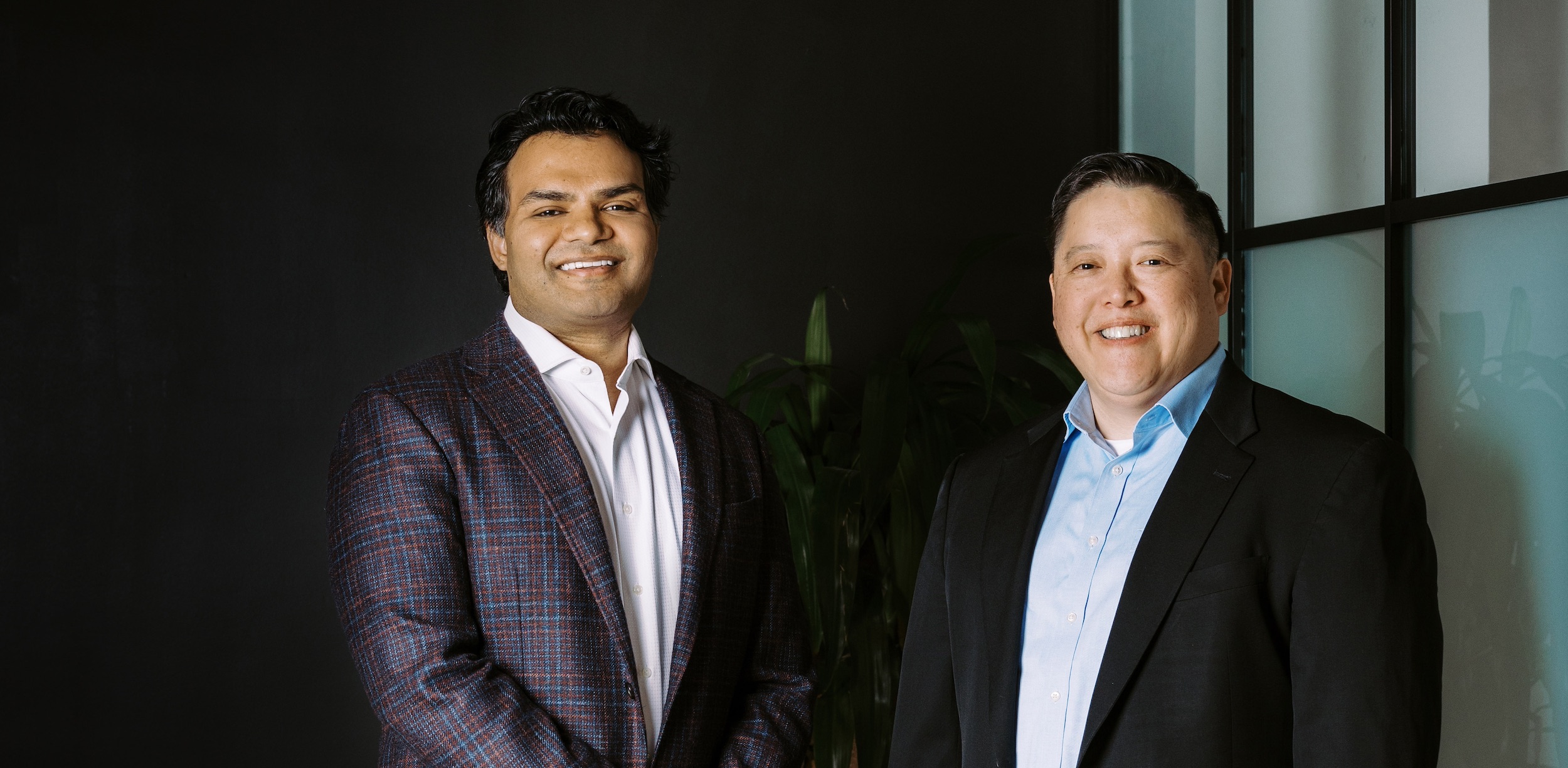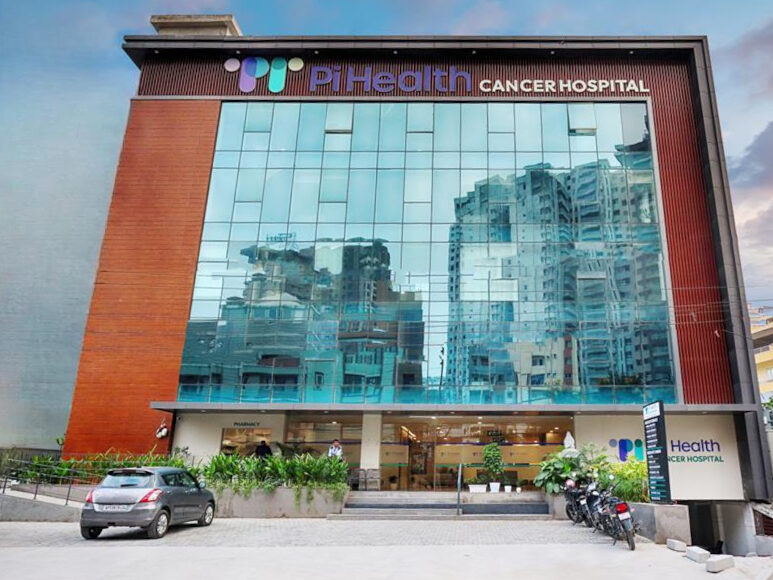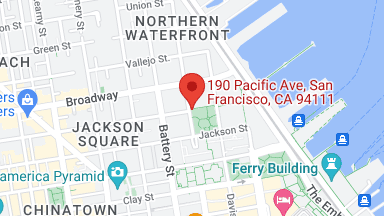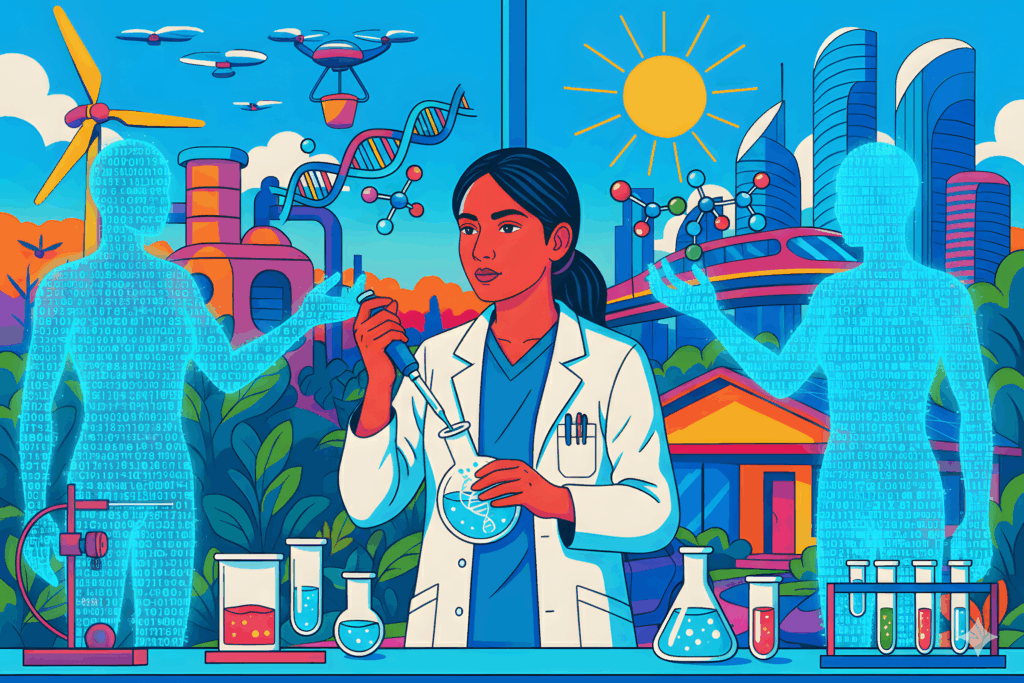Increasing Access to Life-Saving Medicine
On a mission to bring clinical trials to everyone
Emily Brady |

On a Monday morning last September, Bobby Reddy and Geoff Kim, stood before a new five-story hospital in Hyderabad, India. They’d hopped a red-eye from the U.S. to make the hospital’s grand opening.
This wasn’t just any hospital. It was the Pi Health Cancer Hospital, and Reddy and Kim are the co-founders of Pi Health. They built the hospital as part of their mission to bring clinical trials to the masses.

Clinical studies play a pivotal role in medical advances and improved patient outcomes, yet only 2% to 8% of eligible cancer patients participate in them. And 80% of clinical trials are delayed or closed due to enrollment issues.
Geography also plays a huge role. Clinical trials are often limited to large, urban, academic centers, and not generally available in rural community health settings. A lack of awareness also contributes to the problem, and more ways are needed to identify and enroll patients.
One way to fix this, it turns out, is to create the infrastructure for companies doing innovative clinical trial development. That infrastructure is Pi Health’s AI-assisted software platform that is designed to reduce friction and costs while increasing patient enrollment around the globe, enabling life science companies to develop life-saving medicines and reach patients faster.
And not just in India. Pi Heath is also working to improve access to clinical trials in the U.S., Australia, and Brazil. Their goal is global.
“Whether you’re a wealthy investment banker in New York or a professor in Boston, or you live in a village in India, or in rural Brazil, you should have the same access to medicine and to clinical trials,” explains Reddy.
Back in the lab
The origins of Pi Health, which recently closed its Series A co-led by Obvious, began 15 years ago at the National Cancer Institute (NCI). Reddy was a young dermatologist and melanoma researcher, who had decided on a career in medicine after his mother died of breast cancer when he was 17. Reddy was doing a year-long stint at the NCI as a research scholar, while Kim, his future co-founder, was a medical oncology fellow.
The two worked in labs next to each other. “We quickly formed a bond over the challenges in the clinical and research ecosystems and what might be done to improve them,” says Reddy.
Kim went on to work at the Federal Drug Administration (FDA), where he oversaw the evaluation and regulation of oncology drugs. There he witnessed firsthand how poor data slows down drug development—prolonging both the time it takes to get drugs approved and the time researchers work on drugs that are ultimately not approved.
Reddy, meanwhile, taught at Harvard Medical School and worked as a doctor and researcher at Massachusetts General Hospital, where he watched several drugs come to market that turned once-fatal skin cancers into manageable diseases. He was both amazed at how effective these new treatments were and discouraged to realize just how few patients around the world had access to them.
The two kept in touch. After a stint at AstraZeneca, Kim was tapped to found and build a technology company incubation division at BeiGene, a global biotech company that specializes in cancer drug development. His first hire was Bobby Reddy.
A democratic approach
Together, Reddy and Kim set out to create the technology that would fix the cancer clinical trial system and ensure that every cancer patient—regardless of country, income, or race—has equal access to the highest-quality care and clinical trials. They named their company Pi Health.
This drive to reach the most people possible is what led them to build a hospital from the ground up in India, where their entire tech stack is fully integrated into the facility—a physical manifestation of their ultimate vision for Pi Health.
“We’re not in the hospital business, but that hospital was special because it allowed us to really use our technology and show how it can empower and run an entire hospital system,” says Reddy. We don’t just want to bring clinical trials to underserved populations; we also want to bring the most modern, efficient, cost-effective, and democratic clinical trials to all.”
After the state Health Minister held a ribbon-cutting ceremony that day, the local media published enthusiastic articles about the hospital. And Reddy and Kim hoped on their long flight home, where their work continued.
Earlier this year, Pi Health launched an immunotherapy trial at their Hyderabad hospital, and people with cancer were able to access cutting-edge, innovative medicine that they otherwise couldn’t have dreamed of.



